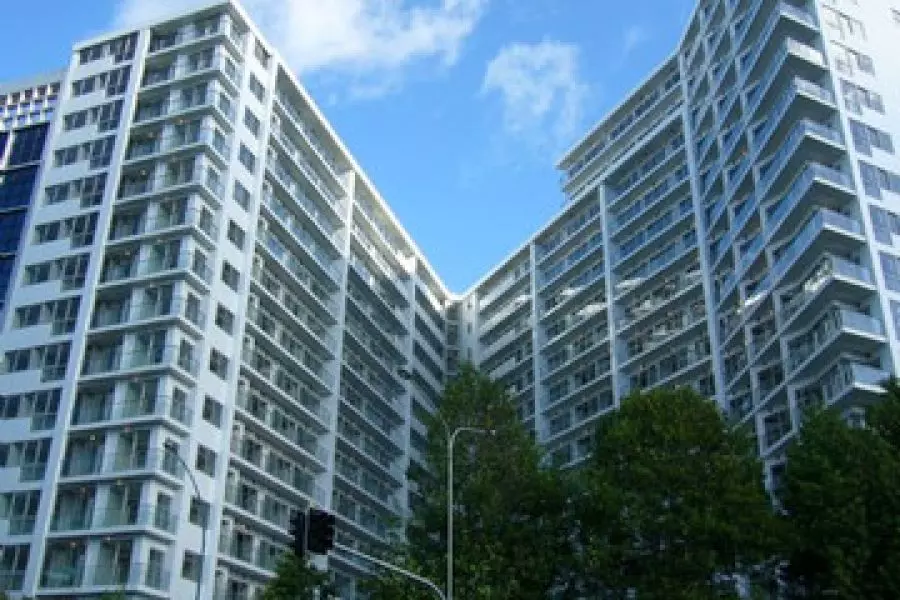News
New fire regs costly, complex for investors

Thursday 16th of March 2017
New Zealand’s fire and emergency services are in the midst of being merged into one organisation Fire and Emergency New Zealand (FENZ) – which will come into being on July 1 this year.
To support the new organisation there will be changes to how fire and emergency services are funded and it will be property owners with insurance policies who bear the brunt of those changes.<...
Want to read the full article?
Click the button below to subscribe and will have unlimited access to full article and all other articles on the site.
5 min read
6 min read






![[The Wrap] Bye Bye Bayly](https://goodreturns.publit.io/file/c_fill,w_900,h_600/39f23ac1-f7c7-4854-b700-a150004ebbac.webp)


